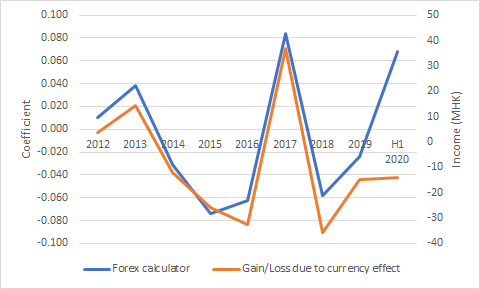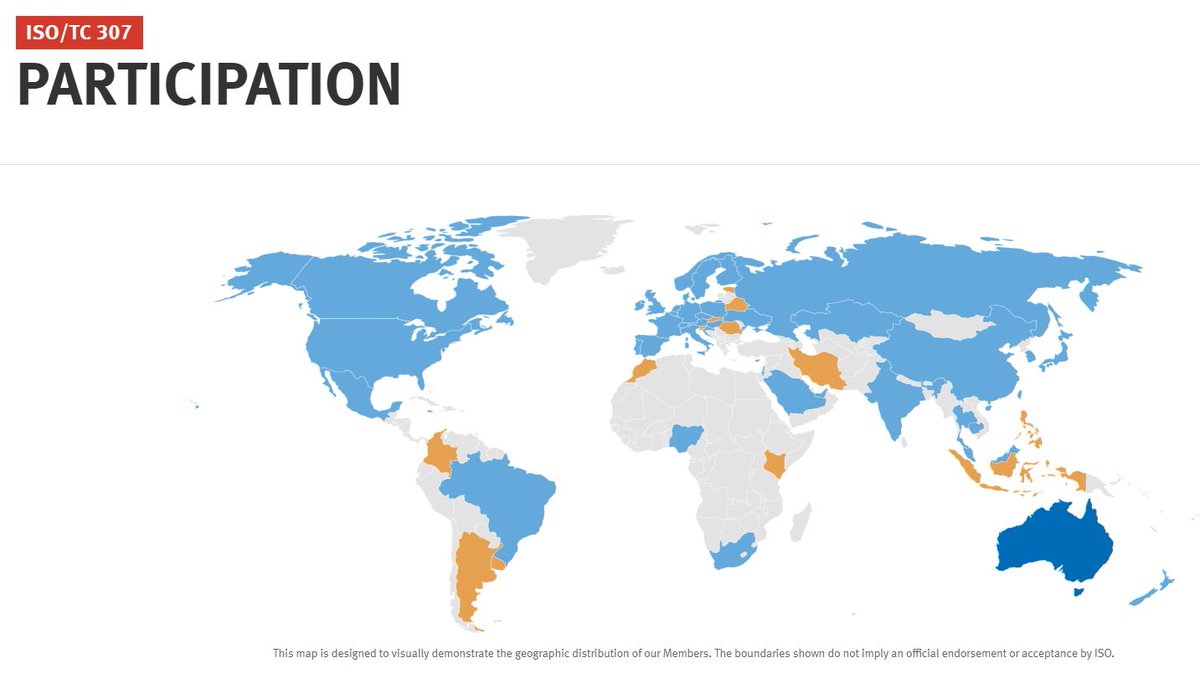- In which currency is the company getting paid?
- In which currency is the company paying their costs?
- Are they hedging?
- In which currency is their cash, investments & deposits?






##\U0001f4b5Mi \xfaltima inversi\xf3n en microcap China\U0001f1e8\U0001f1f3 \U0001f4b5##
— Rodri V.R. (@HolyFinance) December 7, 2020
Winox Holdings $6838.HK (7% cartera), vientos de cola gracias a la demanda de smartwatch, m\xf3viles \U0001f4f1, "know how" en acero inoxidable durante 20 a\xf1os, adem\xe1s de su ubicaci\xf3n cerca de Shenzhen.
Potencial 30% IRR \U0001f525
\U0001f53dDentro hilo\U0001f53d pic.twitter.com/p4q5dsRbCk

See this 21-tweet thread about the creation of an Internet scale protocol to move digital assets involving Quant, MIT, US Government, Intel, Juniper, Payment and Telecom companies \U0001f447https://t.co/n7VGIIlAvq pic.twitter.com/mTUEmCMFZM
— Seq (@CryptoSeq) December 22, 2020
